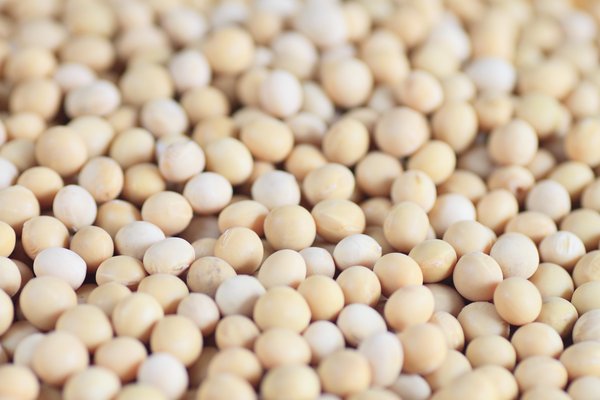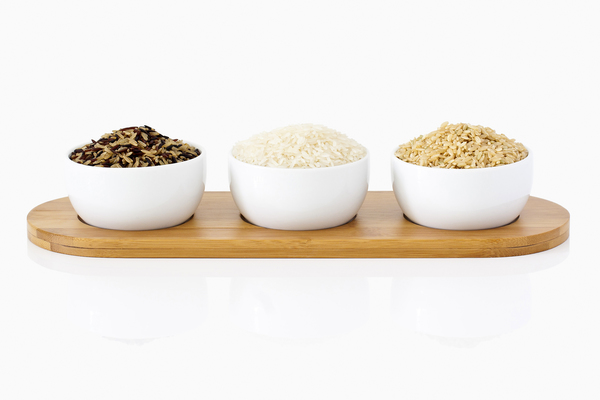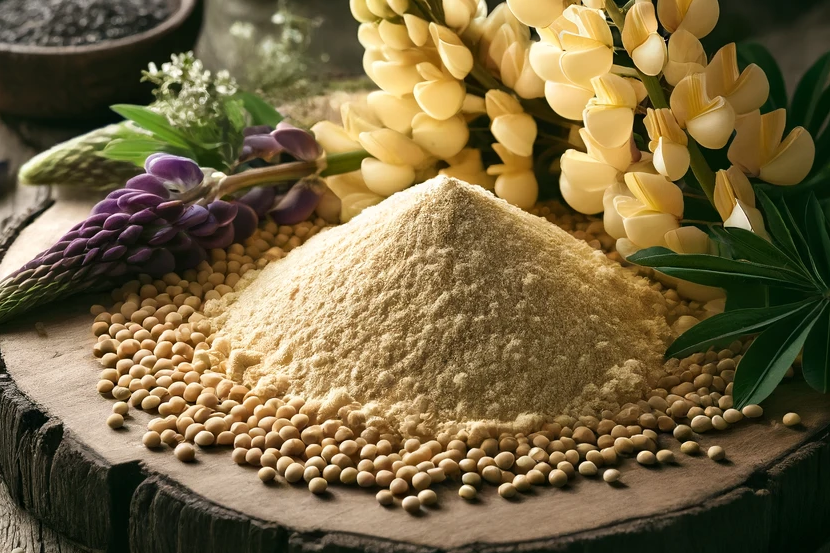Pea protein

What are the benefits of pea protein for dogs?
Pea protein has several advantages for dogs that make it an attractive ingredient. Firstly, pea protein is hypoallergenic, which means that it does not trigger allergic reactions. This is particularly important for dogs that suffer from food allergies or intolerances. On the other hand, pea protein is rich in essential amino acids, which dogs cannot produce themselves and must therefore ingest with their food. Amino acids are the building blocks of proteins and are important for many functions in the body, such as muscle building, the immune system and hormone production. Pea protein primarily contains the amino acid lysine, which is important for bone growth and calcium absorption. Pea protein also contains a high proportion of fiber, which aids digestion and can increase the feeling of satiety.
What are the disadvantages of pea protein for dogs?
However, pea protein also has some disadvantages for dogs that need to be considered. Firstly, pea protein is not as high quality as animal protein, i.e. it has a lower biological value. This means that the dog has to eat more pea protein to achieve the same effect as with animal protein. On the other hand, pea protein can lead to flatulence or diarrhea if the dog does not tolerate it well or gets too much of it. This is because pea protein is difficult to digest and produces gas in the intestines. Pea protein can also affect the taste of the food or smell unpleasant, which can put some dogs off.
How much pea protein should a dog be given?
The optimal amount of pea protein for a dog depends on various factors such as the dog's age, weight, activity level or state of health. In general, however, pea protein should only be a supplement and not a substitute for animal protein. Animal protein should always be the main component of a dog's diet as it better meets the dog's needs. Pea protein can be used as an additional source of protein or as an alternative for dogs with allergies or intolerances to certain animal proteins. The recommended amount of pea protein varies depending on the manufacturer and product, so always follow the instructions on the packaging and ask a vet for advice if necessary.
Pea protein is a vegetable protein that has some advantages for dogs, but also some disadvantages. It can be used as a supplement or alternative to animal protein, but should not be the main component of a dog's diet. The optimal amount of pea protein depends on various factors and should be adjusted individually.
If you notice any signs of hypersensitivity or poisoning in your dog, you should see your vet immediately. We are not a substitute for a vet, but we try to be as accurate as possible. Every dog reacts differently and we recommend you get a second opinion or consult your vet if in doubt.
Stay healthy and take good care of your four-legged friend!😊
Similar to Pea protein
Soy protein is the protein contained in soybeans. The soybean is a legume and originally comes from East Asia. There it has been used as a food for thousands of years. Various products are made from...
Rice protein is a powder made from rice grains. The carbohydrates and fats are separated from the protein and the protein is concentrated. Rice protein contains all the essential amino acids that...
Hemp protein is obtained from the seeds of the hemp plant (Cannabis sativa) by pressing out the oil and processing the remaining product into a fine powder. Unlike other parts of the hemp plant, the...
Lupin protein is obtained from the seeds of the lupin plant, which belongs to the legume family. This plant is known for its high protein content and is often praised as an excellent plant-based...



